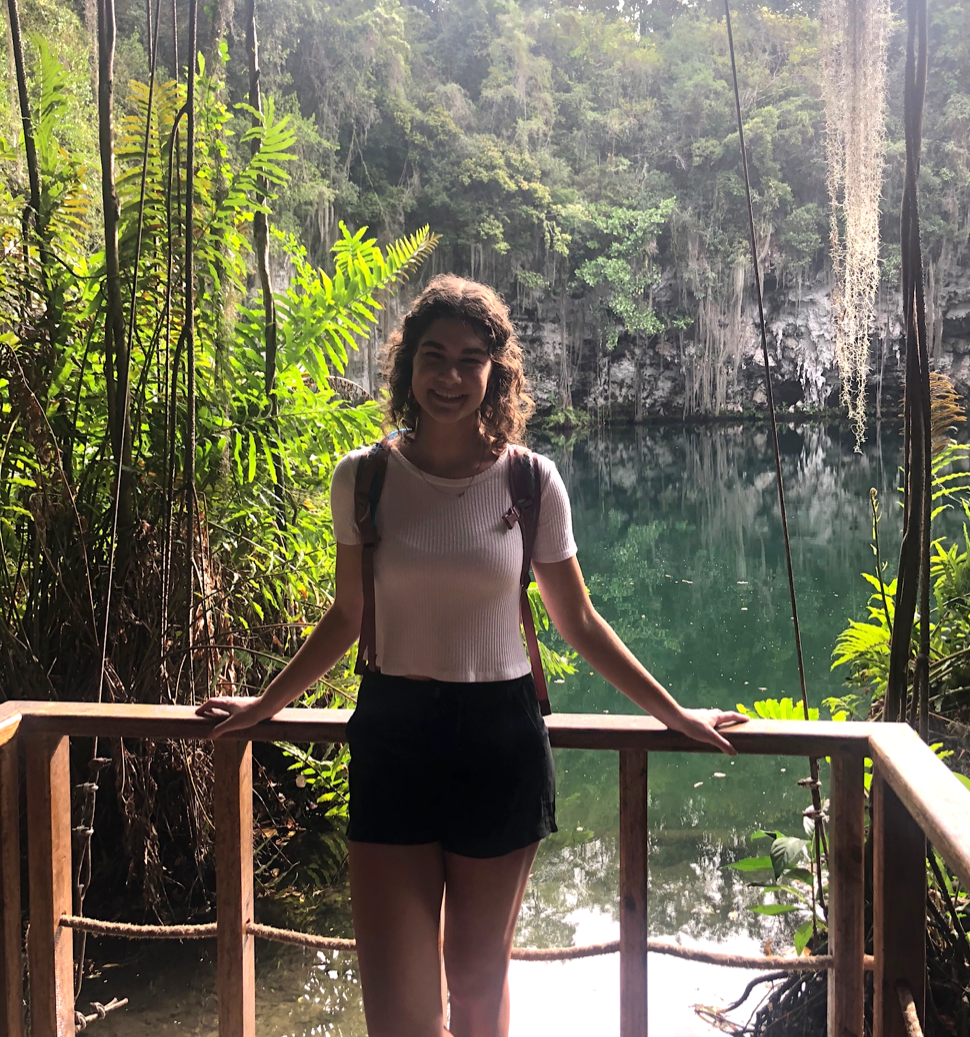What I learned about integration of soybean crops in Africa

For as long as I can remember, I have been incrementally challenging myself where my curiosity can flourish. It led me to explore different career paths and discover my interests and what I want to do day in and day out. While this journey is still taking place, my acceptance into the Global Food Security Internship (GFSI) Program and my internship with the Soybean Innovation Lab (SIL) has allowed me to see the light at the end of the tunnel. With the GFSI Program, I attended the Within Reach: Zero Hunger virtual conference to gain insight into the problem of world hunger and hear professionals discuss possibilities on how to alleviate it. Through SIL, I was exposed to the international agricultural sector to gain insight into the research being done to advance the soybean crop across Africa to increase the health and well-being of those residing in a number of those countries.
This series of events occurred within this past year, and if someone asked me a year ago if I would be in this position, I would not believe it. At the end of high school, I found myself wanting a career to help others in need for a common goal. I wanted to work in developing countries or underdeveloped areas to improve their agricultural practices and rehabilitate their soil and water systems. I kept the idea in the back of my head while entering college and focused more on navigating this new chapter in my life. I started to see my surroundings from a new perspective due to my peers' drastically different backgrounds and noticed how these differences bring us together. I listened to their creativity, hardships, motivation, and excitement as they met a new milestone. Then, in the spring of 2020, COVID-19 occurred, we were all sent home for quarantine, and life as we knew it was put on pause.
During this time, I felt I was losing a critical summer to improve my skills. So, rather than falling into, what seemed like an unceasing black hole, I took the time to reevaluate and reorganize my plans for the foreseeable future. By fall, I was glad to be back on campus and determined to do something new during a time where “new” was more understood as a new assignment and not experiences. That was when I saw the research internship posting from SIL. To learn that I could not only work in a lab that conducts experiments across Africa to support better integration of the soybean crop in the African terrain, but to have the opportunity to travel to Africa, per COVID-19 orders, to meet partners and see the experiments firsthand, I was dumbfounded. I envisioned myself in this position and pursuing my passion for bettering international development: the career that had been on my mind for years.
This internship has been invaluable for not only my education but for me to grow as an individual. At SIL, I assisted trial coordinators, agronomists, and others to correlate and arrange trial implementation. My role included analyzing numerous spreadsheets, indicating inconsistent or missing data, and amending the said information. I revised and generated contracts, consulted with global partners for contract completion, redirected them to forums to upload data, and requested missing information. Some of these partners included the International Institute of Tropical Agriculture (IITA), Eggon Agricultural Professional in Nigeria, Pyxus Agricultural Ltd. in Malawi, and Westland-Corp in Togo, to name a few. To collaborate with my coworkers' diverse skillset was advantageous, for it emboldened new channels of communication and allowed me to see how improvements can be made for trial execution. I saw firsthand the resourcefulness of self-sufficiency and the effectiveness of teamwork. I was continually challenging my knowledge and improving my technological, analytical, and improvisational skills.
There is much more I can say about my journey over this past year and many new doors that have opened for me, and I am excited to see where they can take me. Thank you, Courtney Tamimie, Josy Francischini, Michelle da Fonseca Santos, and Erica Leles. You all have inspired me to be more innovative, patient, and stay positive during a time of uncertainty. And thank you, GFSI, for the opportunity to see and connect with people and programs I would have otherwise possibly deemed unfathomable.
Zoe Serelis, student in natural resources and environmental sciences, worked with the Soybean Innovation Lab advised by Michelle da Fonseca Santos.
Through the Global Food Security Interns program, ACES International is supporting talented and motivated undergraduate students to work with ACES faculty or staff on food-security-related projects in low and middle-income countries. In early 2021, six undergrads received funding as global food security interns.